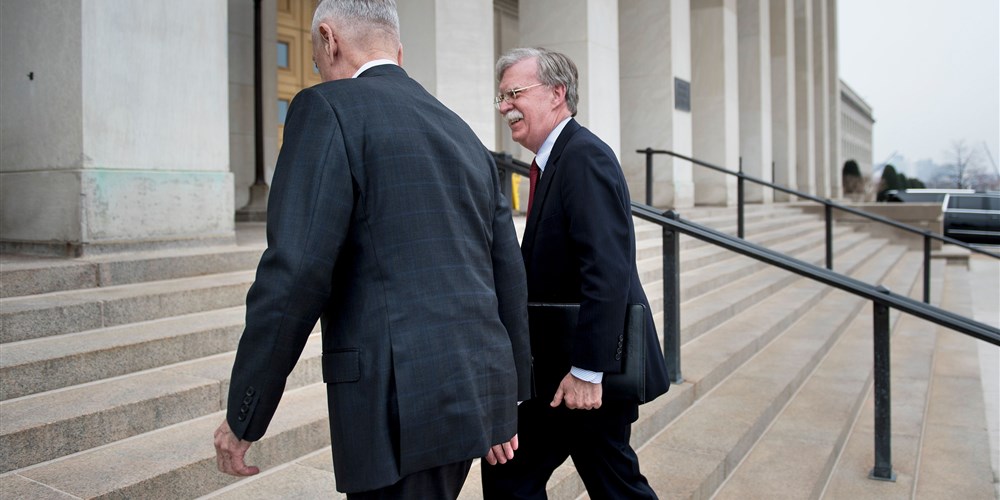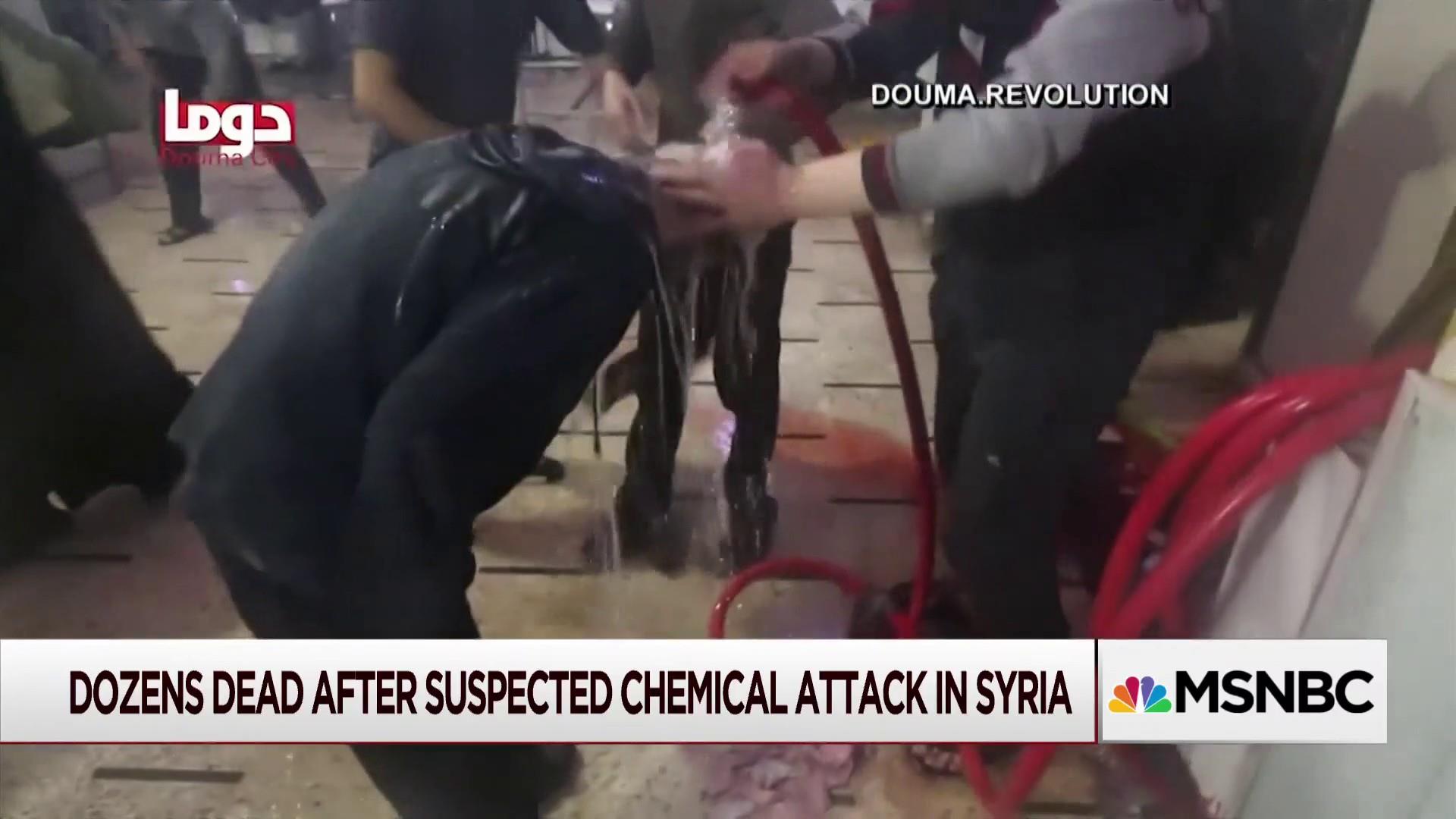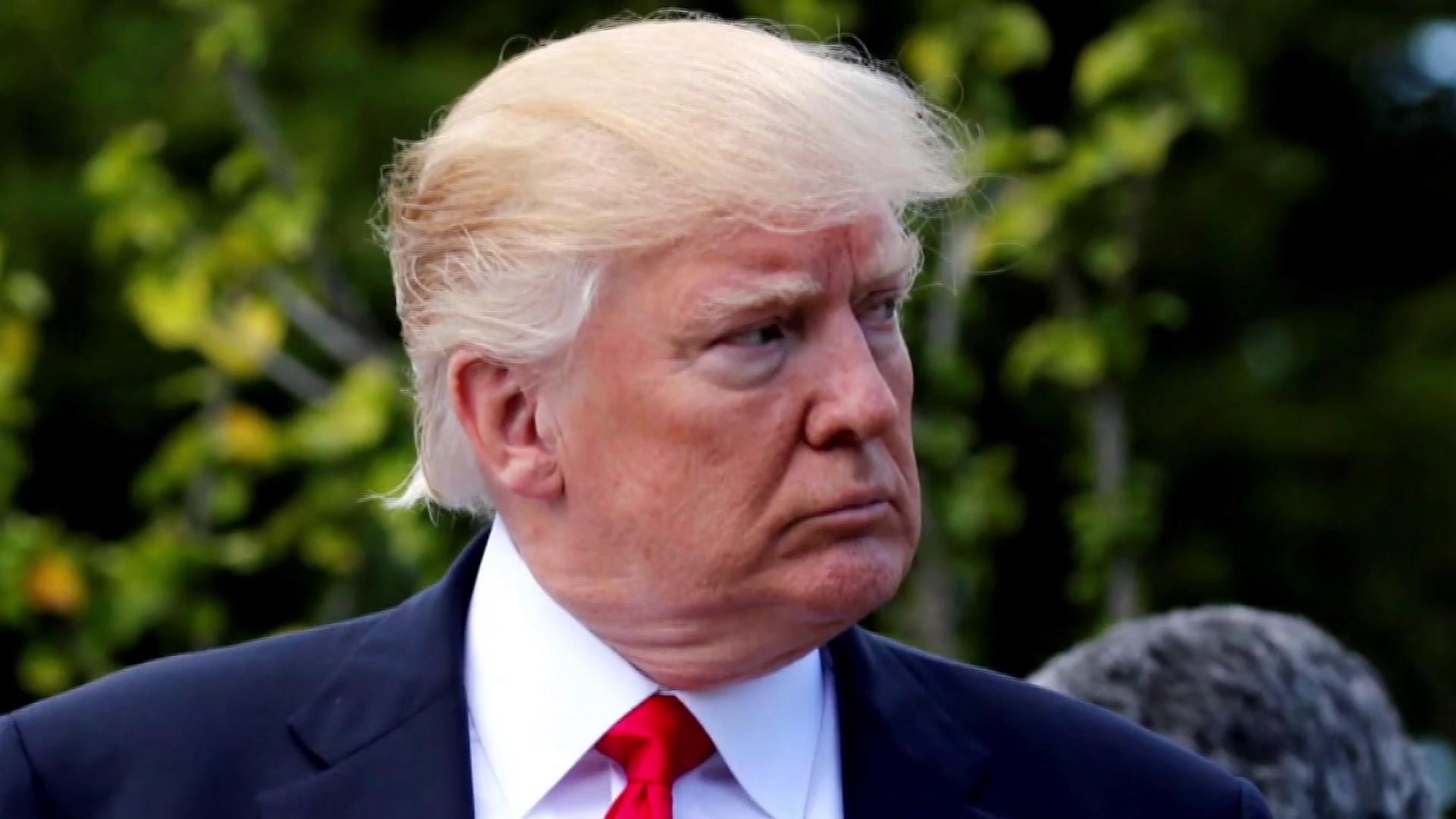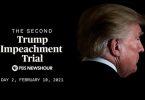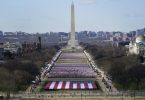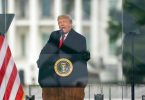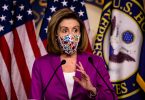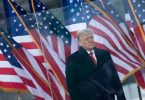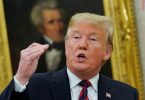John Bolton back on the job, as President Trump weighs Syria options
p’s third national security adviser will have a trial by fire, arriving amid renewed crisis in the Middle East following a suspected chemical attack on the Syrian town of Douma
by Vivian Salama /
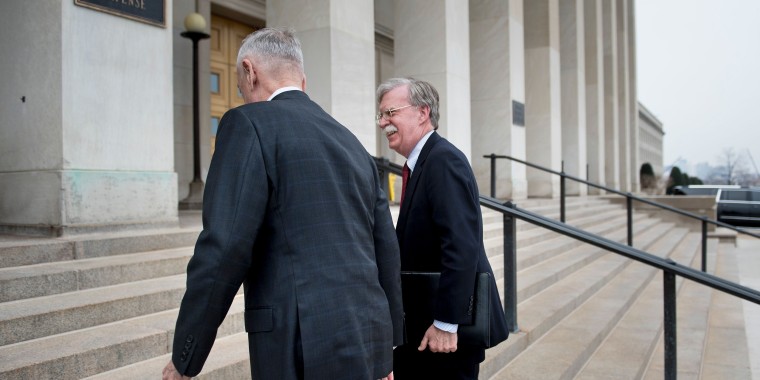
WASHINGTON — John Bolton, the one-time U.S. ambassador to the United Nations whose unapologetic brand of foreign policy has led him to clash even with fellow Republicans, took his place on Monday as President Donald Trump’s third national security adviser as the commander-in-chief turned his attention to the situation in Syria.
Bolton will have a trial-by-fire, arriving amid renewed crisis in the Middle East following a suspected chemical attack on the Syrian town of Douma that killed dozens, including many children. While the U.S. is still investigating the attack, the State Department said on Saturday that “the [Assad] regime’s history of using chemical weapons against its own people in not in dispute.”
The job of national security adviser does not require Senate confirmation, allowing Bolton to sidestep the potential landmine that brought his previous government tenure to an early end: He resigned from his unconfirmed recess appointment at the United Nations in 2006 after it became clear he could not win Senate confirmation, even from a chamber controlled by fellow Republicans.
While the job didn’t officially start until Monday, Bolton spent the weekend at the White House, and has visited regularly since Trump announced via Twitter that Bolton would succeed Gen. H.R. McMaster in the role.
With the help of Trump’s newly nominated Secretary of State Mike Pompeo, Bolton will work to recast Trump’s foreign policy, absent some of the more moderate figures who had thus-far counseled Trump, a foreign policy novice, through his first year in office.
The hawkish views on Iran and other critical foreign policy issues held by Bolton, who was among the architects of the 2003 U.S.-led invasion of Iraq under President George W. Bush, echo many of the beliefs of the current president.
Bolton has pointed to the Iran nuclear deal, brokered by the Obama administration, as one of the key factors fueling the Syrian civil war. In the early years of the Syria conflict, Bolton also wrote that “conditions were optimal” for toppling Syrian President Bashar al-Assad “and replacing his regime with something compatible with American interests” when the U.S. had a larger military presence in neighboring Iraq.
“Our mere presence in Iraq could have precluded Iran — or, what we see today, an Iraq under Iran’s influence — from trying to protect Assad,” Bolton wrote.
More recently, while speaking on Fox News, Bolton was asked if he thought the United States and France were “readying more airstrikes” against Assad. “It may come to that,” he responded, “and it would be justified, in my view, as the president’s first airstrike was.”
While the U.S. has yet to take action over the latest alleged chemical attack, Trump responded to reports as they emerged on Saturday.
“Many dead, including women and children, in mindless CHEMICAL attack in Syria,” Trump tweeted. “Area of atrocity is in lockdown and encircled by Syrian Army, making it completely inaccessible to outside world. President Putin, Russia and Iran are responsible for backing Animal Assad. Big price … to pay. Open area immediately for medical help and verification. Another humanitarian disaster for no reason whatsoever. SICK!”
Last April, the Trump administration launched strikes on a Syrian-government airfield in retaliation for a brutal chemical attack on the town of Khan Sheikhoun.
Standing alongside Jordan’s King Abdullah II last year, Trump said that the chemical attack on Khan Sheikhoun crossed “a lot of lines for me.”
“When you kill innocent children, innocent babies, little babies with a chemical gas that is so lethal that people were shocked to hear what gas it was, that crosses many lines beyond the red line. Many, many lines,” he said.
Late Sunday, reports emerged of airstrikes at an airport in the Syrian city of Homs, leading many to believe that Trump had once again called for retaliation. However, the Pentagon was quick to dismiss the reports, saying the airstrikes were not conducted by the U.S. The Russian defense ministry said Monday that two Israeli F-15 jets were behind the strikes.
Where carefully crafted policies ideally precede public messaging, advisers now often scramble to reshape policy to catch up with the president’s tweets and public declarations.
Trump’s tendency to tweet his mind has blindsided advisers and, in some cases, complicated or even upended administration policy.
Bolton’s predecessor, McMaster, told participants at an international security conference in Germany in February that “the evidence is now incontrovertible” that Russia interfered in the U.S. presidential election.
Trump quickly — and publicly — called McMaster out for what he viewed as an incomplete message.
“General McMaster forgot to say that the results of the 2016 election were not impacted or changed by the Russians and that the only Collusion was between Russia and Crooked H, the DNC and the Dems,” Trump tweeted. “Remember the Dirty Dossier, Uranium, Speeches, Emails and the Podesta Company!”
Bolton, who is also skeptical of Moscow, takes on the delicate balancing act of responding forcefully to Russian aggression around the world, while appeasing the president’s stated interest in warmer ties with Russian President Vladimir Putin or his efforts to defend the outcome of the U.S. presidential election.
But his most pressing task, as he met with other White House National Security Council principals after just hours on the job: helping to hammer out Syrian response options for a president who, just days ago, publicly pined for a speedy exit.

